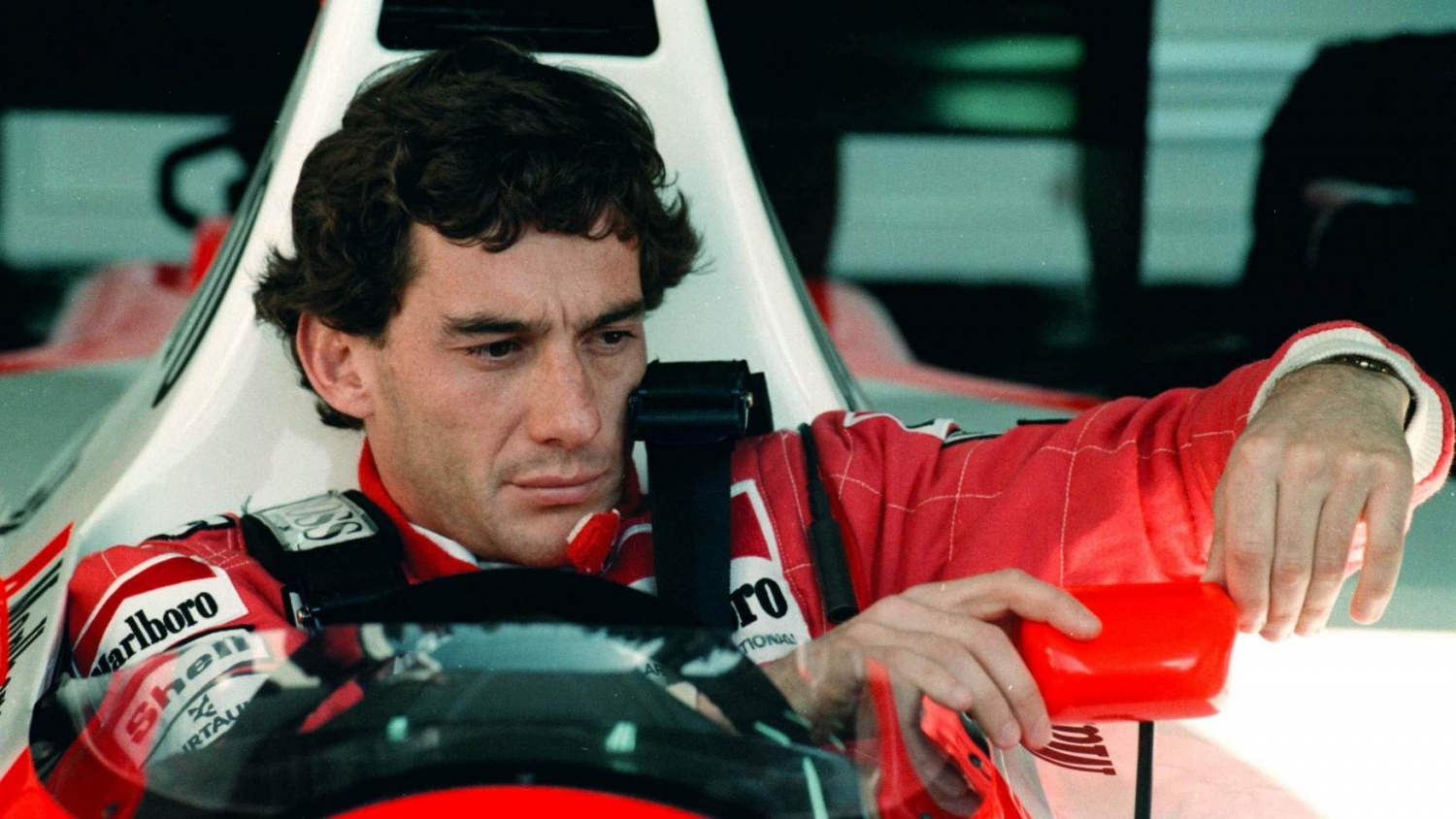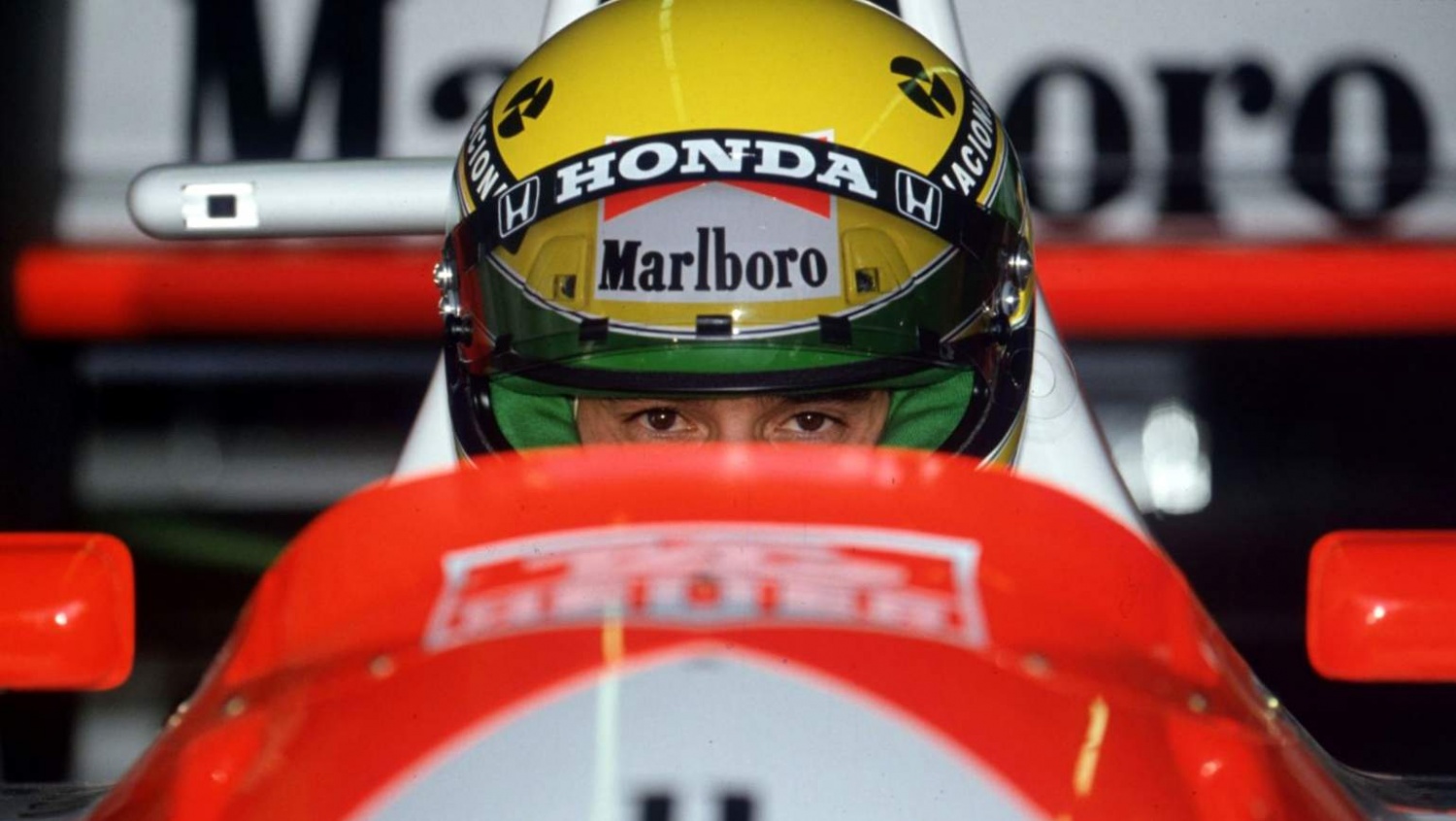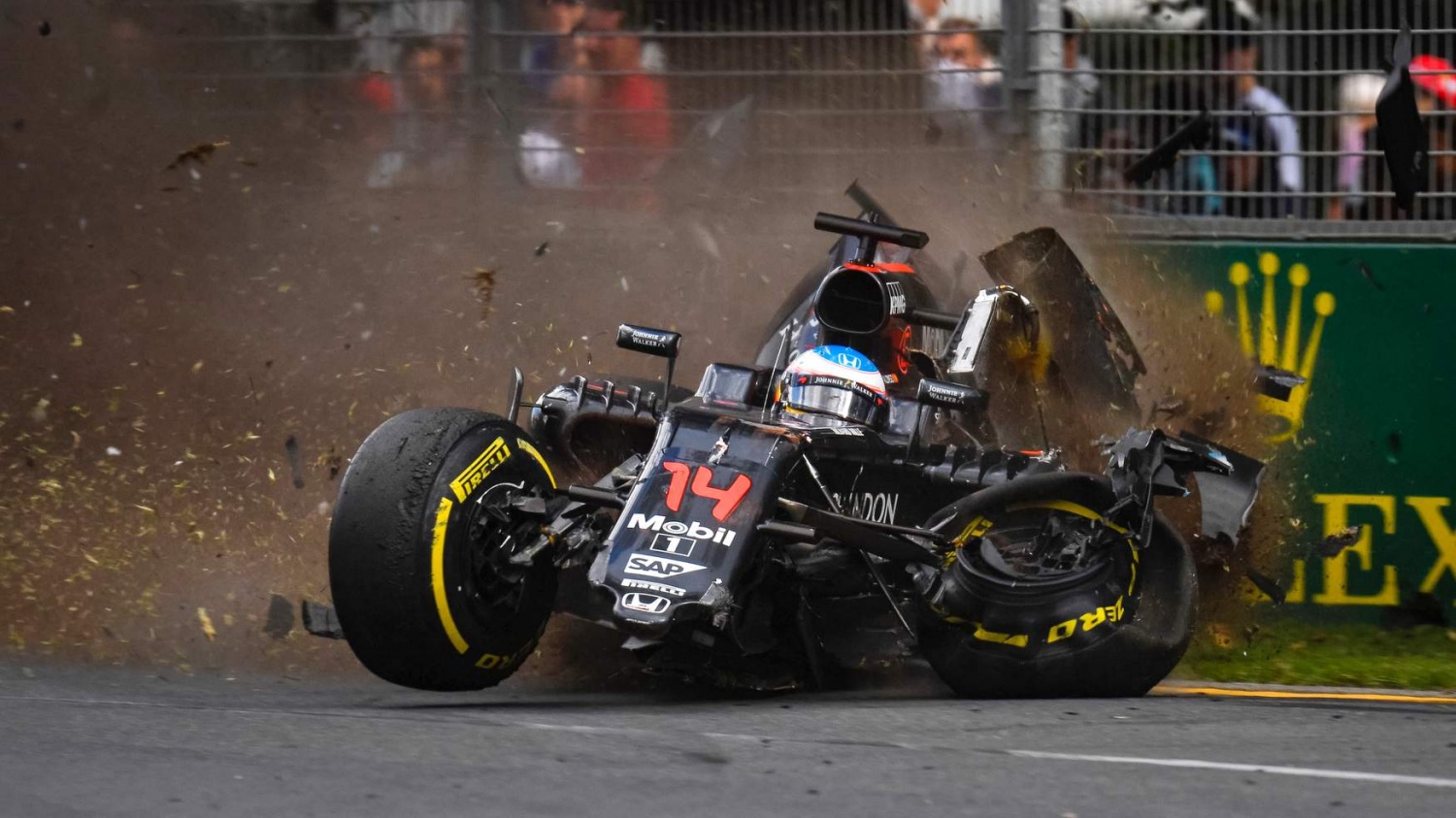
21 March: Today in Racing
Read More
Ayrton Senna - A Driver’s Legacy
Read More




Julian Jakobi was Ayrton Senna's personal manager when the great Brazilian Formula 1 driver was alive, and continued as an advisor the Senna family after that tragic day - 1 May 1994.
Several years ago he spoke to ESPN where he gave fascinating insights into Ayrton, from a perspective of a true insider, friend and confidante of the triple F1 World Champion.
On Ayrton's 60th birthday its fitting to revisit extracts from the interview that revealed another side of a racing driver that is not only a legend of motorsport but a true icon of his era that transcended sport.
Senna was killed during the 1994 San Marino Grand Prix at Imola when, on lap seven while leading the race, his car darted off the road into the wall at Tamburello.
It was the end to one of the grimmest weekends in F1 history, with a young Rubens Barrichello - driving for Jordan - escaping from a death defying crash during Friday practice. On Saturday ion qualifying Roland Ratzenberger died instantly when he crashed his Simtek. Senna was on the scene with Sid Watkins at the time. A day later the Brazilian was also robbed of his life.
Jakobi recalls that black weekend, “I know that [Ayrton] was very upset by what happened. He went to see Frank [Williams] after dinner on Saturday night in Frank’s room and Frank asked him: Are you sure you want to race? If he was not feeling comfortable...
“And he came up to my room and on his way back from Frank’s room, and he spoke to Frank and said everything is fine. That was it. That was the last I saw him on Saturday night. And I didn’t really notice anything particularly odd.”
Sunday's race started with a crash which forced a restart on lap five when Senna set a fast pace to pull away from Michael Schumacher' Benetton in pursuit.
On lap seven, Senna seemed to lose control, the car failed to turn and went straight on at Tamburello into an unprotected concrete wall. The scenes of Dr Watkins and his team working at the wreck of the Williams is forever etched in the minds of those who have seen the images. The greatest driver of the time was dead.
Jakobi recollected, “I remember the accident because I was in the motorhome. And you never quite think, you never think it’s going to happen to a driver and it’s going to be fatal. But it obviously looked pretty serious."
"He was airlifted to the hospital from the track. I mean nobody pronounced him dead at the scene because they don’t to avoid all sorts of [man]slaughter charges and everything else."
"I mean that’s kind of like a convention in Formula 1 that if there is a fatal accident, it seems that you aren’t pronounced dead until you get to the hospital, when you’re away from the track. I can’t prove that, but I mean, nobody said that he was dead at the track and he was airlifted to the hospital.”
“I went by car with a Brazilian journalist who knew the way because he had been there on Friday when Barrichello was shifted off there. So, we ended up at the hospital and saw the surgeon who said he was on a life support machine, which was the first we knew that it was fatal.”
The news stunned the world, well beyond F1 and motorsport. Brazil was shocked to its core as the nation wept for their favourite son. Williams were stunned, Frank Williams devastated to this day.
Jakobi ventured, “All drivers know the risks. It’s a dangerous passion, actually. Yeah, because they’re all passionate about racing. They do it because they all love racing. They’re also very good at it, but they never think it’s going to happen to them."
"Because if you do think it’s going to happen to you, it would take out the edge off of your, you know, the margin. The difference between drivers is so small, it’s just who’s got that little bit extra. And if you have any doubt, you wouldn’t have that extra.”
“For me, personally, it was… was a huge loss for me because he was not only a client, he was also a good friend and he was a person I like enormously. I liked him for his intelligence and his sense of humor. And I just thought he was just a great… he was one of the most intelligent people I’ve met in business in the last 30 years. And as a human being, he was a wonderful human being, a very kind, very caring person.”
“Ruthless to pursue his own goals, but also very caring on the other side. He gave huge amounts to charity, but people never knew about it. And I remember him ringing me up one night, very late at night… because he had seen some television documentary about the war in, I don’t know if it was in Bosnia or Serbia, one of the Balkans at the time; and the children who had been maimed by the bombings and everything else."
"So he just rang me up and he said: I’ve taken down this number. I want you to transfer some money, but make sure it’s anonymous. Just give the money. And he did that several times.”
“Then I found out, sort of quite a few years later from his cousin, that he would do the same with him from Brazil, but he never told me. And he never told his cousin that he’d done it in Europe. So he gave huge amounts to charity but never wanted it to be public. It was all anonymous.”
The grief in Brazil was unprecedented, the service immortalised in history, a factor that struck Jakobi"I never experienced anything like it. You know, two million people or whatever it was on the streets. It was phenomenal. There was a sort of a loss, but there was also a silence. It was just extraordinary to see so many people silent. I think he was the embodiment of a nation. The spirit of a nation because Brazil was at the time, you’ve got to go back what... 15 years."
"He was the single greatest sportsman Brazil had ever had other then Pelé. And yet what he represented was effectively trying to make Brazil compete with the industrialized nations on equal footing.”
“So, for Brazil at the time, he was the spirit of Brazil because he was Brazil taking on the rest of the world at their own game. And if you look now, how Brazil’s become a manufacturer of cars and manufacturer of planes.
“You mustn’t forget also that he was in his thirties when he died and you know today’s champions are getting younger and younger. Whether it’s in swimming or in gymnastics or motor racing.
"I don’t believe that an athlete or sportsman at 21 can have the same charisma of someone who is 31. Because they’ve lived for ten more years. And he lived life. So he had something to say for himself. I think his legacy was probably the most competitive, most naturally talented driver than anyone since Jim Clark."
Jakobi lost a close friend that day, so what does he miss most? "Late night phone calls.
“We always used to say we had summertime, wintertime, and Senna time. it was always late. He never got up until midday. You could never call him before lunchtime. He’d get up, if he wasn’t racing or testing, he’d get up around midday, half past 12. Go for a run and then have a brunch at two.
"He wouldn’t eat until ten at night. Go to bed at two. He had his own metabolism. It was extraordinary. It was useless first thing in the morning. He would call you at one o’clock in the morning because he had no idea. And he would say: I’ve just been speaking to my father in Brazil, because it was nine o’clock in the evening there, one o’clock in Europe. And we’ve been discussing this. What do you think of this?
"And, you know, you’d be kind of half asleep and everything else and he expected you to awake because he couldn’t work out that nobody would be on the same time as he was. It was always known as Senna time.”
What would Ayrton be doing today?
“He wouldn’t be owning a team, that’s for sure," said Jakobi. "I think he would have retired. He wanted to retire. He didn’t want to go into politics because he felt that politics was too corrupt and he could do more with the money he made privately, which is really what his sister has done with the foundation.
“I think he was regarded in awe by them because his talent was always… he was always one of the gifted drivers that there has ever been. A natural talent. And he had a level of intensity about him of wanting to be the World Champion. He was in this business to win.
“I think that he got a tremendous satisfaction from winning when he was in this, in F1 to win. He felt it was his destiny," ventured Jakobi.
About Julian Jakobi
He was born in London on 23rd April 1951, and grew up in the country near to Silverstone and was educated at Rugby School and graduated from Oxford University with Honours in Philosophy, Politics and Economics.Julian trained as a Chartered Accountant with KPMG and qualified in 1977, before joining IMG.
During his career at IMG, he was Head of both the International Client Financial and Motor Sport divisions and looked after the business affairs of many of the world’s leading sportsmen and entertainers including Bjorn Borg, Virginia Wade, Sue Barker, Nick Faldo, Alain Prost, Ayrton Senna, David Coulthard, and Sir Georg Solti.
In 1992 Julian left IMG to become Ayrton Senna’s Manager and Head of the International Office of the Senna Group. His involvement with the Senna family continued after Ayrton’s tragic death on both the commercial and charitable side of the family business.
In 1997, Julian established the Stellar Management Group, looking after the commercial affairs of Alain Prost, Jacques Villeneuve, Dario Franchitti and Max Biaggi, amongst others.
In May 1999, Stellar Management was merged with CSS Promotions to form CSS Stellar PLC. Julian acted as CEO of CSS Stellar until 2004, and then became Chairman in July 2008.
Julian established GP Sports Management in 2010, which specialises in the management of high-profile sports personalities, sponsorship sales and consultancy, and event services. GP Sports Management has offices in the UK and US. Julian Jakobi is married to Fiona (1983) and they have three grown up children. (Photo: TAG Heuer)